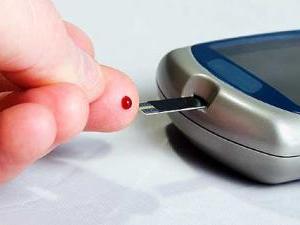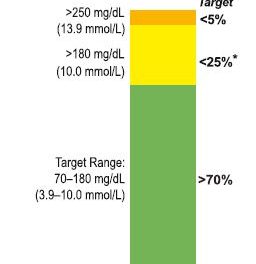A healthy lifestyle includes exercise, and is part of standard recommendations to most people for maintenance of health and well being. People with diabetes who take medications that can cause low blood sugar usually have to alter medications and/or food intake to avoid having a low blood sugar induced by the exercise. A low blood sugar can be a very frightening experience – sadly, as a recent study shows, the fear of having low blood sugars may actually prevent people with type 1 diabetes from engaging in exercise.
The study, published in the Canadian Journal of Diabetes, surveyed over 500 adults with type 1 diabetes, asking about how they manage their diabetes in the context of exercise.
The majority of these people said that they increased carbohydrate intake before (79%) and after (66%) exercise, and about half of them decreased their meal time insulin before and/or after exercise. Despite making these adjustments, however, 70% of people reported that they still experience low blood sugars after exercise. Fear of low blood sugars was identified as a barrier to exercise.
While people with type 2 diabetes were not surveyed in this study, I can attest to the fact that people with type 2 diabetes who are taking medications that can cause low blood sugars (insulin, sulfonylureas, and meglitinides) share these concerns and struggles in preventing low sugars with exercise.
Newer insulins are becoming available to decrease the risk of low blood sugars, and much work is being done to advance the technology in glucose sensing and insulin pump devices as well. For people with type 2 diabetes, medications that do not cause low blood sugar may be an option. But for those who do take insulin or medications that can cause low sugars, the most important part of avoiding lows around exercise as much as possible is working closely with your diabetes educator to find strategies that work for you. Each person will be different in terms of what medication they are taking; what kind of exercise is being done and for how long; eating patterns; and how your body responds to that particular exercise. If you have diabetes and are struggling with preventing lows around exercise, be sure to see your diabetes educator to explore strategies that will work better for you.












